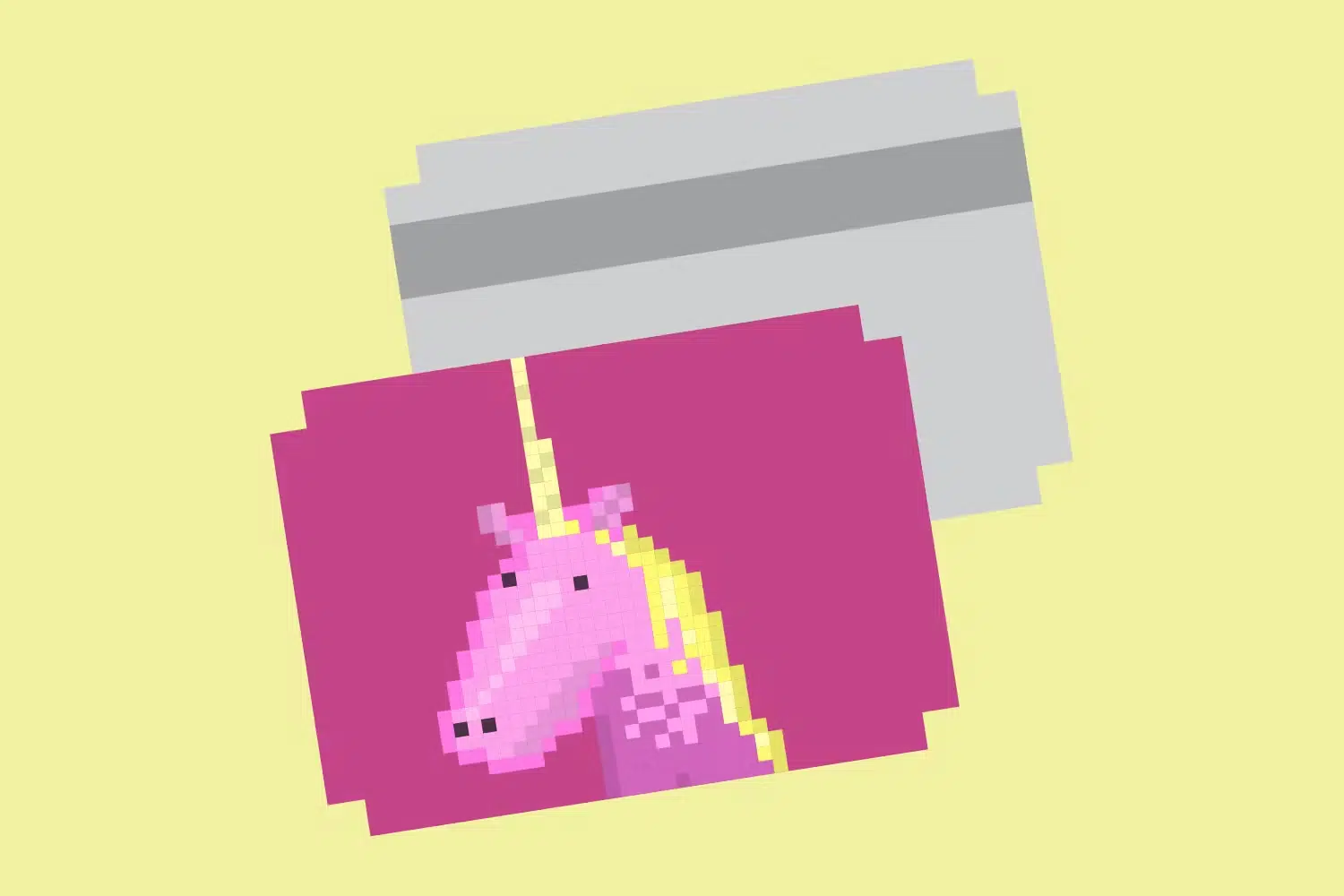
Debit Card Myths: Get the Facts

Debit cards are one of the most popular forms of payment in the United States today. A study conducted by the Federal Reserve Bank of San Francisco found that debit cards are the most-used payment method, accounting for 30% of all purchases. For those looking for an easy alternative to cash and a great way to budget money, debit cards are the perfect financial tool.
But if you’ve never had a debit card before, you might be a little unsure about what it means for you and your money. To help clear up any confusion, we’re debunking some of the top debit card myths out there. Here are the facts.
Debit Card Definition
A debit card is a type of payment card that takes money directly from the checking or savings account that it is linked to. You may hear it go by different names, including bank cards or check cards, because they function similarly to a paper check. They might look like a credit card, but debit cards have different requirements and benefits.
Myth #1: Debit cards are not secure.
You might have heard that credit cards are better than debit cards in terms of security. While this might have been the case a decade ago, the financial industry has made strides in beefing up security and fraud detection in recent years.
Measures such as your personal identification number (PIN) and embedded microchips help ensure that your card isn’t skimmed. If your info does get into the wrong hands, many banks use fraud detection systems to notify you and lock your card if fraud is suspected. Some financial institutions— including Amplify— offer additional peace of mind with Zero Liability, which protects you if unauthorized purchases are made using your card.
When compared to cash, debit cards are a much safer alternative. If you lose a wallet full of cash, it’s probably gone forever. If you lose a wallet with your debit card, you simply call your bank, have them lock the card, and they’ll send you a new one.
Myth #2: Debit cards make it easy to spend too much.
Aside from avoiding the hassle of having to withdraw cash from an ATM, it is no easier to spend wildly on your debit card than it is with cash or a credit card.
In many ways, debit cards are better tools for budgeting and saving than alternative forms of payment. For one, a debit card will help keep you out of debt. The difference between swiping a debit card and credit card is that with a debit card, you already have the money in your account. With a credit card, you may be racking up debt with every purchase that is hard to pay back.
Your debit card is linked to your bank account, which means you can look online to see how much money you have, how much you’ve spent, and what you’ve spent it on. All of this can help you keep spending under control.
Myth #3: Using your debit card can affect your credit score.
A credit report is called that for a reason— it looks at how you use credit that has been extended to you. Using your debit card doesn’t affect your credit score because you are not borrowing any money.
Though using a debit card in and of itself won’t raise your credit score, it can play a role in getting your finances back on track if you’re in a less-than-desirable situation. For instance, if you have a large balance on your credit card that you’re struggling to pay off, you can use a debit card while you pay off your debts to avoid sinking even further into the hole.
Myth #4: Debit cards aren’t as widely accepted as credit cards.
As we mentioned earlier, debit cards are actually the most widely used payment method in the United States according to recent studies. You’ll find that they are accepted in most stores, restaurants, and other places of business across the country. And, if for some reason a place you’re visiting only takes cash, you can use your debit card at any ATM to withdraw the money you need.
Debit cards are also accepted internationally (a foreign transaction fee may apply; check with your financial institution for more details). If you plan on traveling, it’s always a good idea to let your bank know about your plans so they can expect charges in a foreign location. Having your card locked because of suspected fraud can be frustrating when you’re an ocean away.
And with the advent of the digital debit card, which allows you to make purchases with your phone instead of a physical card, debit cards are more versatile than ever before.
Myth #5: Debit cards have no perks or rewards.
One of the perks of a credit card is the rewards that users can get in the form of cashback, airline miles, and points that can be redeemed for items. Did you know that there are debit card accounts that offer similar rewards? On top of special reward programs, most financial institutions actually pay you to keep your money in a savings or checking account in the form of interest.
Myth #6: Debit cards charge you interest, just like credit cards.
There are no interest charges for using a debit card! If you see interest rates mentioned on information pages about debit cards, that’s the interest that’s being paid to you, not being charged. In general, debit cards come with fewer fees and charges compared to credit accounts.
Credit card companies charge interest because you are essentially borrowing their money with each purchase you make and paying it back when your bill is due. With a debit card, the money is yours from the get-go.
Enjoy the Benefits of a Debit Card
Understanding the truth behind some common misconceptions can help you make an informed decision of whether or not a debit card is right for you. The bottom line is that using a debit card can be a smart money move that is convenient, helps you save money, and protects your hard-earned cash.
Become a Member Today
Join one of Austin’s fastest-growing credit unions and take advantage of our award-winning financial products and services!

